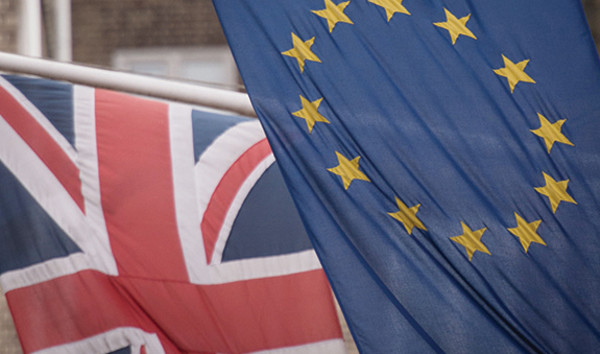

Both The Pensions Regulator and the Pension Protection Fund will continue largely unaltered in terms of their remits post Brexit, according to law firm Sackers, following the UK’s vote to leave the European Union.
Georgina Beechinor, senior associate at Sackers, said: “Given the focus in recent years by UK legislators and regulators on measures for improving standards for workplace and personal UK pension schemes, it seems unlikely that existing regulatory protections for pension scheme members would be stripped away purely because of their origins in EU law.
“As such, we would expect that the remits for The Pensions Regulator and the Pension Protection Fund will continue largely unaltered.”
Elsewhere, she noted the immediate ramifications of the vote to leave the EU are overwhelmingly political and economic, adding trustees and employers should monitor market movements but avoid knee-jerk responses.
Ms Beechinor said: “Any changes to legislation affecting pension schemes will depend on the terms of the future relationship to be agreed between the EU and the UK and will take some time to filter through.”
According to Sackers, pension schemes operating cross-border currently need to be fully funded at all times, on a scheme specific ‘technical provisions’ basis.
Ms Beechinor said this will continue to be the case while the government negotiates Britain’s exit from the EU and could continue into the future, as the cross-border requirements also apply to European Economic Area members, not just full EU member states.
Elsewhere, in terms of protections for individuals against discrimination, these are derived largely from EU law.
“A move away from these would be seen as a retrograde step, and one which the UK government is unlikely to choose. However, there could be challenges to some existing provisions, such as survivor benefits for same sex spouses and civil partners.”
New General Data Protection Regulation will apply to member states from 25 May 2018, and although it may not apply directly to the UK following its exit from the EU, it will remain relevant for pension schemes and others, wherever data is transferred between the UK and the remaining EU member states, Ms Beechinor added.
“The UK’s Information Commissioner has said that if the UK wants to trade with the single market on equal terms, it would have to prove ‘adequacy’, by showing that UK data protection standards are equivalent to the new EU data protection framework.”
Finally, Ms Beechinor said pension schemes were mostly indirectly affected by heavy regulation by the EU through their investment activities and dealings with financial institutions, asset managers and insurers.
“The pace and scope of regulation has picked up in response to the global financial crisis and consumer mis-selling scandals. It seems unlikely that Brexit will significantly lighten the regulatory burden for the financial services sector.”
Scott Gallacher, director at Leicester-based Rowley Turton, said: “It is too early to tell exactly what the impact of Brexit will be on the pensions landscape. But with concerns over the affordability of many final salary schemes we could see protections watered down over time.
“To some extent we were already seeing that before Brexit, i.e. with the UK government seemingly willing to rewrite the pension rules in respect of the Tata pension scheme to ease the business sale.
“Naturally, it could go the other way, with UK pension protections ultimately exceeding those of the EU.”
ruth.gillbe@ft.com



